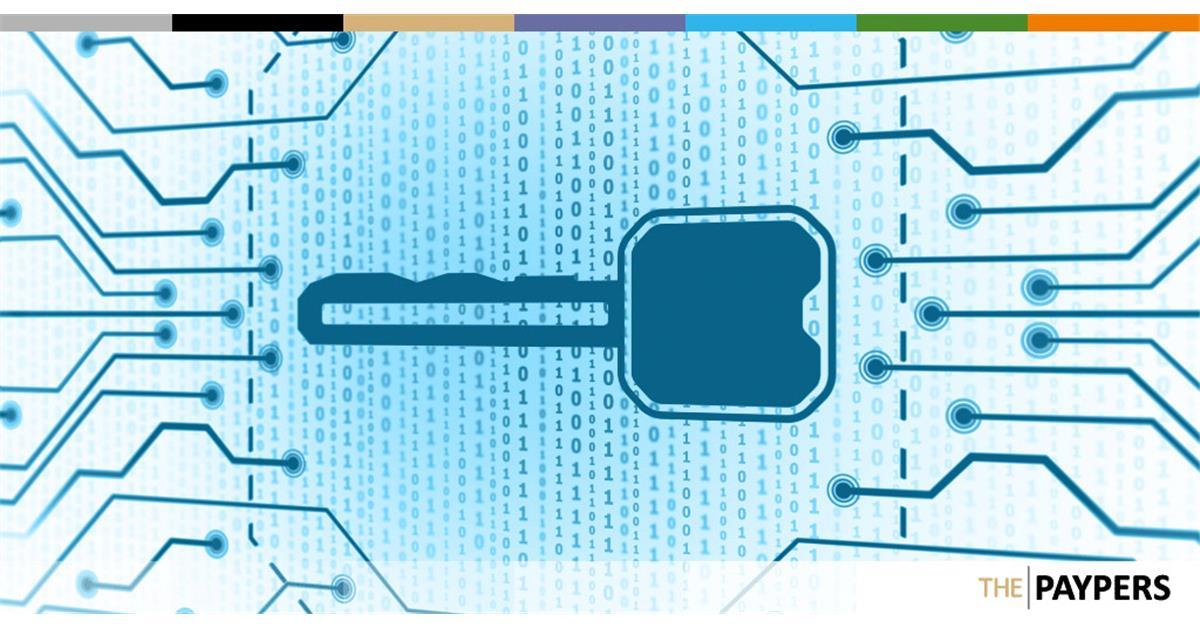Following this partnership, LSEG will leverage Mastercard’s Open Banking capabilities in order to develop its already existing suite of digital identity and fraud solutions. This will allow businesses to use a multi-method approach in order to verify account data and information for multiple US deposit accounts.
Furthermore, by using Mastercard’s Open Banking technology, GIACT will be able to deploy Nacha-compliant account verification services across its customers and third-party businesses. GIACT clients will also have the possibility to access user-permissioned, real-time data in order to verify bank account owner, transaction information, as well as income account balance.
By focusing on providing customers with access to verify a vast array of information while using a single bank account, institutions can reach their clients’ needs and demands in a quicker and more efficient way. Moreover, they can also focus on streamlining the onboarding process, supporting compliance, and decreasing fraud exposure.
The two companies aim to extend their offerings across customer risk screening, identity verification, fraud prevention, and due diligence while keeping in mind their users’ digital strategies.
Mastercard’s partnerships
Global technology company in the payments industry, Mastercard had multiple partnerships in the past couple of months, covering multiple geographies.
At the beginning of 2023, Mastercard announced its partnership with Bahrain-based banking group Ahli United Bank (AUB). Based on the information given in the press release, Mastercard was designed as the exclusive partner of choice for AUB’s existing and acquired card programmes.
As AUB acquired Citibank’s retail banking business in the region, the deal was set to cover its complete portfolio, together with the acquirement segment while having a differentiated offering that has a focus on premium and travel.
The services included real-time remittance solutions, loyalty programmes, as well as cyber intelligence solutions, among others. These were set to help AUB ensure an improved customer experience.
Earlier in the same month, Google and Mastercard announced a strategic deal aimed to strengthen digital payment capabilities in Kuwait.
As a result of this collaboration, cardholders based in Kuwait were given the opportunity to leverage tap-to-pay services with their Android phones or supported Wear OS devices in any store that offered the contactless payments needed. Google Pay was also used to conduct payments online and through applications. The implementation of Google Pay in Kuwait was in line with the Kuwait Vision 2035 ‘New Kuwait,’ endeavour, which aimed to transform the region into a financial and trade hub at a regional and international level.
In order for customers to set up Google Pay, Mastercard cardholders needed to download the Google Wallet application from their Google Play store and follow the given instructions. Alternatively, they had the possibility to visit the online service. Once they added their card to the application, clients were able to choose Google Pay at the checkout, confirm their purchase, and pay.
